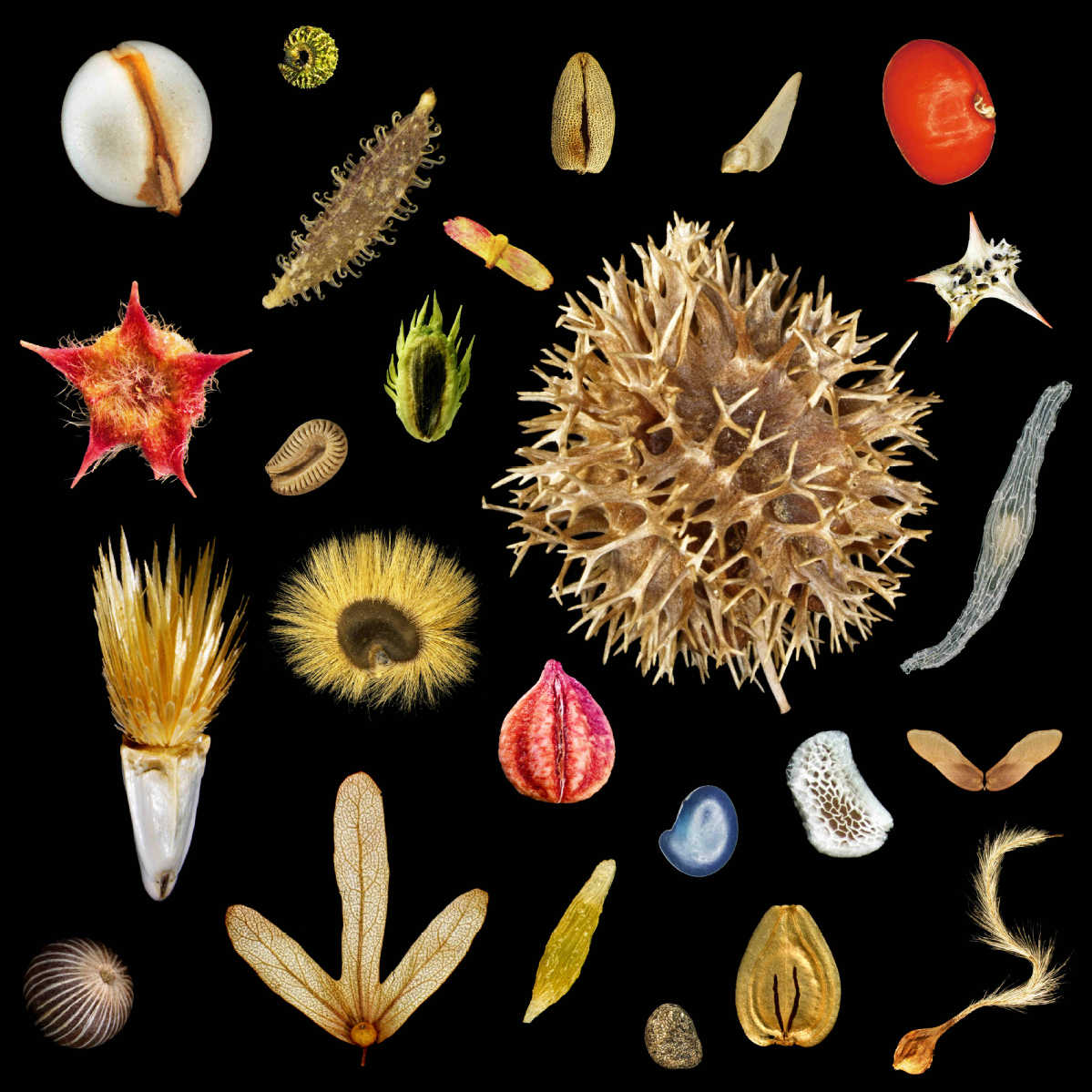Seed banks provide vital lifeline for future


Collections offer source of new hope in event of global catastrophe
Preserving plant seeds and other genetic material warrants investment of hundreds of millions of dollars, as it provides a lifeline for the future, according to scientists.
"If the world ends one day, these collections will bring hope of a new beginning to life on Earth," said Li Pei, a staff member at the Germplasm Bank of Wild Species, or GBOWS, in Yunnan province.
The Living Planet Report 2020 released by the World Wide Fund for Nature warned that up to 1 million of the estimated 8 million plant and animal species on Earth are at risk of extinction. Habitat loss, exploitation, climate change and pollution are the main causes.
Numerous indicators, including the Living Planet Index provided by the Zoological Society of London, show there was an average 68 percent fall in nearly 21,000 wildlife populations from 1970 to 2016.
The rapid loss of biodiversity and germplasm resources is the main reason for the establishment of seed banks. There are now more than 1,750 such banks globally, according to the United Nations Food and Agriculture Organization.
Li said, "For the preservation of biodiversity, such banks are crucial. The more collections we have, the greater the chance of saving plants and animals, especially those that are critically endangered."
Founded in 2007, GBOWS is a research and preservation facility for rare and endangered plants and animals.
It is the only comprehensive institution of its kind for storing wild plant and animal germplasm resources in China, and is the largest in Asia in terms of species, according to Li. Germplasm resources are strategically essential for global agricultural security.
Affiliated to the Kunming Institute of Botany, which is responsible to the Chinese Academy of Sciences, GBOWS comprises a seed bank, a micropropagation unit, a plant DNA bank, a microbial bank based at Yunnan University, and an animal germplasm bank at Kunming Institute of Zoology. It also boasts experimental research laboratories for plant genomics and seed biology.
GBOWS has preserved 85,046 seed accessions from 10,601 species, 24,100 tissue samples from 2,093 species, 65,456 extracted samples of DNA material from 7,324 species, 22,800 strains of 2,280 microorganisms, and 60,262 bio samples of 2,203 wild animal species and domestic animal breeds.
Yu Fuqiang, deputy director of the germplasm bank, said, "The bank functions as a bio dome that protects wild organisms, especially those endangered species or species with high economic and scientific value, from extinction."
Li said: "As the genes of most plants are contained in their seeds, germplasm resources have become the carriers of plants' genetic information. A seed bank, which stores thousands of seeds, serves as the most important facility for preserving such resources."
























